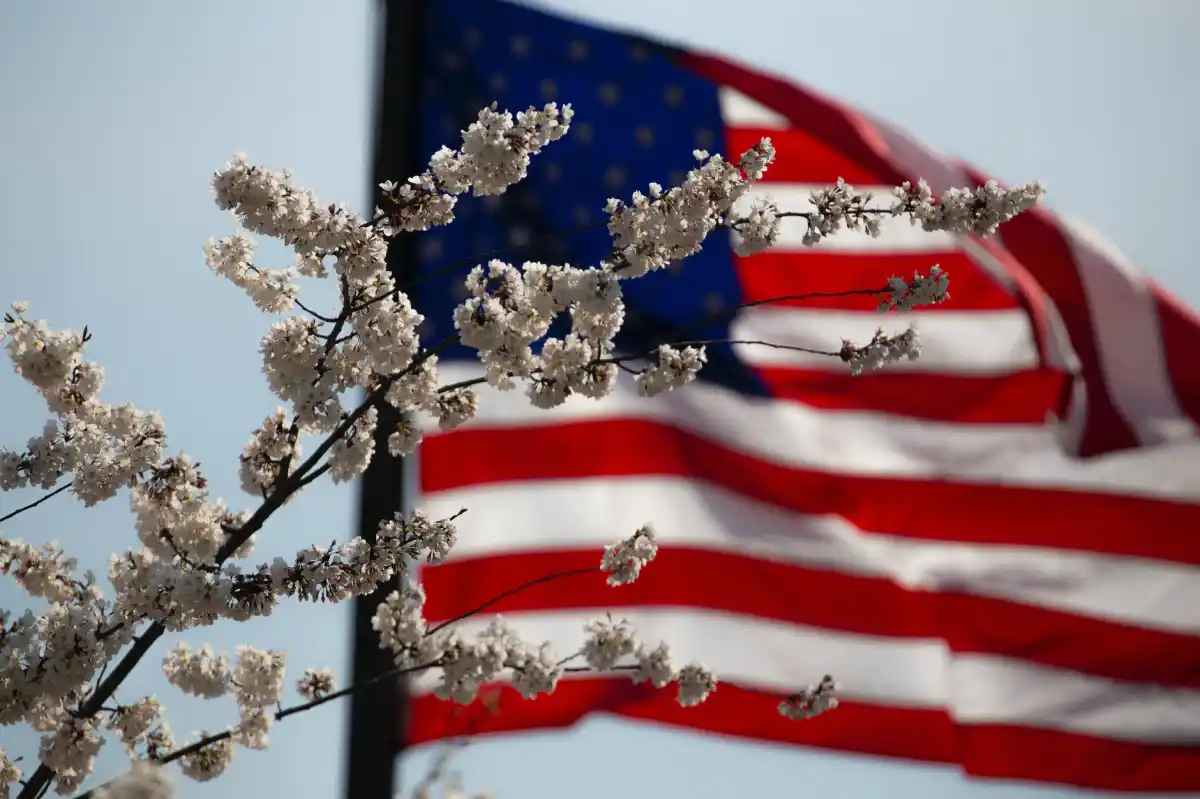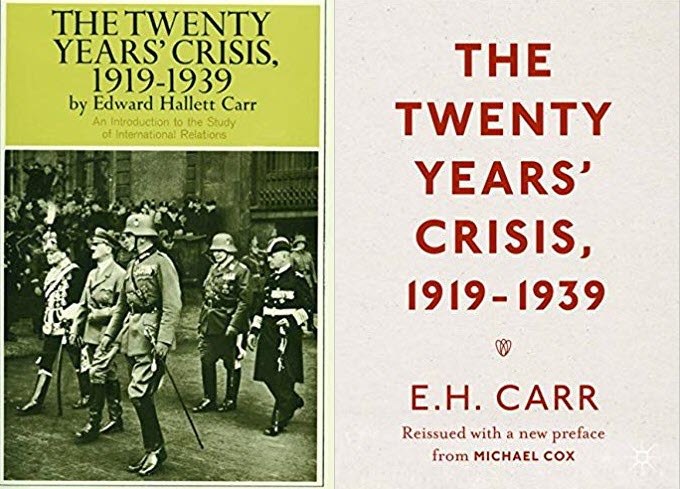Universities do not like to study people who live in places anymore. Instead, they emphasize the importance of theory and method. There are many good reasons for doing so, particularly as you consider the wide range of skills involved in analyzing the enormous amounts of data that the internet makes available. But there are also costs. Theory is a relatively poor guide for understanding why Russia invaded Ukraine, for example. You can make arguments from theory after the fact, but a close examination of developments in the country offered a better chance for anticipating what Russia did and where we are likely to go from here. The first book in this collection is a good illustration of what I mean with that statement. That book was published just weeks before the Russian invasion. The insights it offers on the war as it is unfolding are compelling.
Continue reading →








